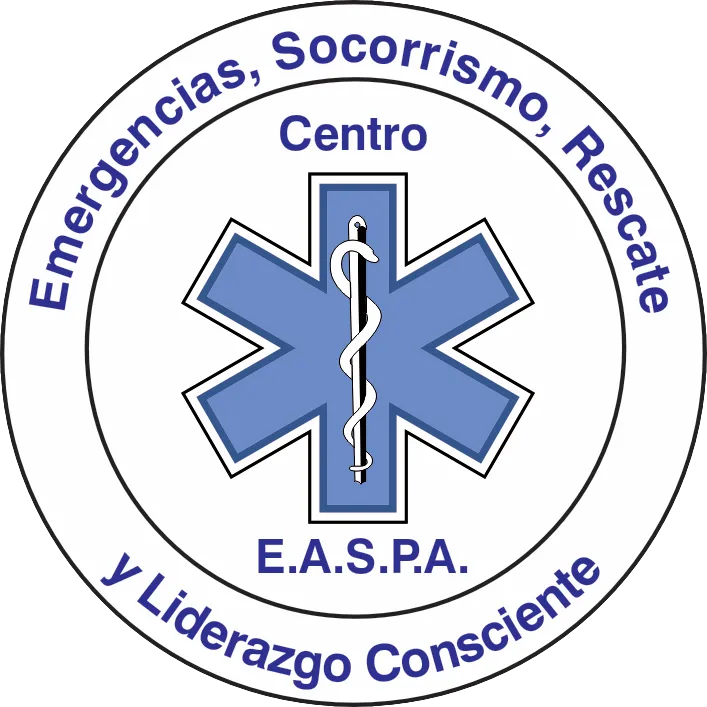Hubo Un Error, Página No Encontrada
Haga click en el Menú de Arriba por favor para seguir navegando por el sitio.
Sobre Centro EASPA
Líderes en América Latina en los cursos de Técnicos en Emergencias Médicas, Primeros Auxilios, Socorrismo, Rescate, Liderazgo Consciente, y Entrena y Prepara la Mente

Suscribirse a nuestra Newsletter
Le enviaremos novedades a su email
Copyright 2025 - Centro EASPA
Aviso
El Centro Escuela Argentina de Socorrismo y Primeros Auxilios, Tomás Walker y a todo el equipo, no garantiza resultados específicos para los participantes.
Al participar en los cursos de la Centro EASPA, declaro haber leído, comprendido y aceptado los términos de la "Guía del Estudiante". Entiendo que debo cumplir con todos los requisitos establecidos para aprobar el curso, incluyendo horas de estudio independiente, asistencia, equipo requerido y cumplimiento de los protocolos de seguridad.
Soy consciente de que la aprobación no es automática y dependerá de mi dedicación y cumplimiento de los plazos y requisitos. Acepto que los pagos realizados son no reembolsables y que el Centro Escuela Argentina de Socorrismo y Primeros Auxilios puede modificar los términos y condiciones sin previo aviso.
Autorizo el uso de mi imagen para fines promocionales del Centro Escuela Argentina de Socorrismo y Primeros Auxilios y reconozco que está prohibido realizar grabaciones o fotografías durante el curso. También entiendo que el material didáctico está protegido por derechos de autor y su uso indebido puede acarrear sanciones.
Todo el material que el Centro EASPA y Tomás Walker comparten está destinado únicamente a fines educativos. Esto no es un sustituto de asesoramiento médico, psicológico, legal o financiero individual. Centro EASPA y Tomás Walker no ofrecen ningún asesoramiento legal, médico, fiscal, financiero ni de otro tipo profesional.
Al continuar con la inscripción, confirmo mi aceptación de estos términos.
Por favor, revise nuestros Términos y Condiciones completos para obtener más información.

